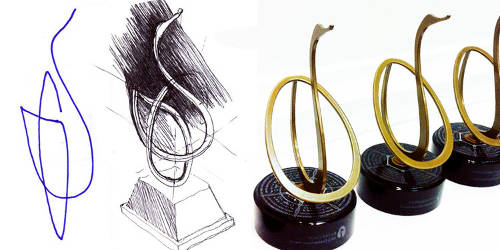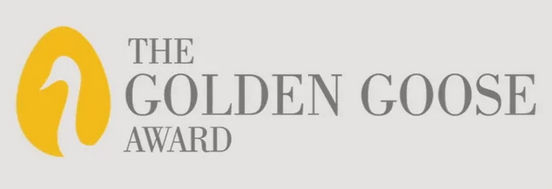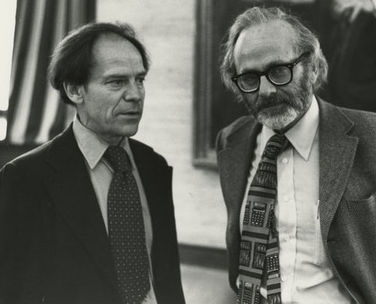| Golden Goose Award To Hubel & Wiesel |
| Written by Mike James |
| Sunday, 26 July 2015 |
|
If you studied AI, psychology or neuroscience the names Hubel and Wiesel will be part of your background. They discovered the way neurons act as feature detectors and provided the backdrop for our first understanding of the way the brain works. Back in 1958 we had no idea what neurons did. We knew how single neurons responded to inputs - they do nothing until a threshold is reached when they fire off a train of pulses. What we didn't know is how neurons might work together to process data. Neurophysiologists Torsten Wiesel and David Hubel decided to find out. They placed fine electrodes into the optic nerves of a cat and showed it a moving dot on a projection screen while recording the impulses coming from the neurons. No matter how hard they looked they found nothing. Then one of the projection slides with a dot painted on was moved too far and its edge was projected on the screen - the cat's neurons started to respond. They had found a simple moving edge detector.
The discovery indicated that the first neurons in the visual cortex don't respond to complex stimuli like a black dot but to simpler features such as edges. As they probed they discovered simple neurons which fired when a line at a particular angle was present in the visual field and complex neurons that fired when a moving line at that angle was present. It became clear that there was a hierarchy of features ranging from the simple to the complex that were being extracted as the neural system processed the data. This may seem obvious now, but at the time it was our first view of the way neural networks processed data. If you look today at an artificial neural network it too seems to learn layers of features that get increasingly sophisticated as you move up the layers. Over the next few years Hubel and Wiesel refined the map of the visual cortex and discovered that it was organized into narrow columns of cells organized by eye dominance and orientation. They also studied newborn animals and discovered that the structure was already in place, i.e. neuronal circuits came prewired for the basic responses. Hubel and Wiesel were awarded the Nobel prize in 1981 for the work on ocular dominance which had applications in the treatment of childhood visual defects.
Now they have been awarded the 2015 Golden Goose Award. If you have never heard of this strangely named award it is worth saying that it was established in 2012 as a sort of antidote to the Golden Fleece award given for wasting federal funding. Many scientific experiments which on the surface seemed to lack any practical application have been the target of a Golden Fleece. The Golden Goose award, on the other hand, aims to pick out cases where the money turns out to have been well spent after all. The Golden Goose citation ends with: "From a slip of the hand while cats watched images on a screen have come better treatments for childhood vision disorders and teaching computers how to process images—this is a powerful example of how science can advance society in the most unexpected ways." Is this convincing? Far from serendipity, it is Hubel and Wiesel's determination to understand the basic ways that the brain worked that seems to be responsible for their discoveries. To credit it all to the "slip of the hand" seems to be building the wrong mythology of science.
Torsten Wiesel and David Hubel in 1981 More InformationRelated Articles$1Million Turing Prize Awarded To Database Innovator Turing Award Now Million Dollar Prize Leslie Lamport Wins Turing Award Goldwasser and Micali win Turing Award Judea Pearl Latest Winner of Turing Award Harvard computer scientist Leslie Valiant wins Turing Award
To be informed about new articles on I Programmer, install the I Programmer Toolbar, subscribe to the RSS feed, follow us on, Twitter, Facebook, Google+ or Linkedin, or sign up for our weekly newsletter.
Comments
or email your comment to: comments@i-programmer.info |
| Last Updated ( Sunday, 26 July 2015 ) |




